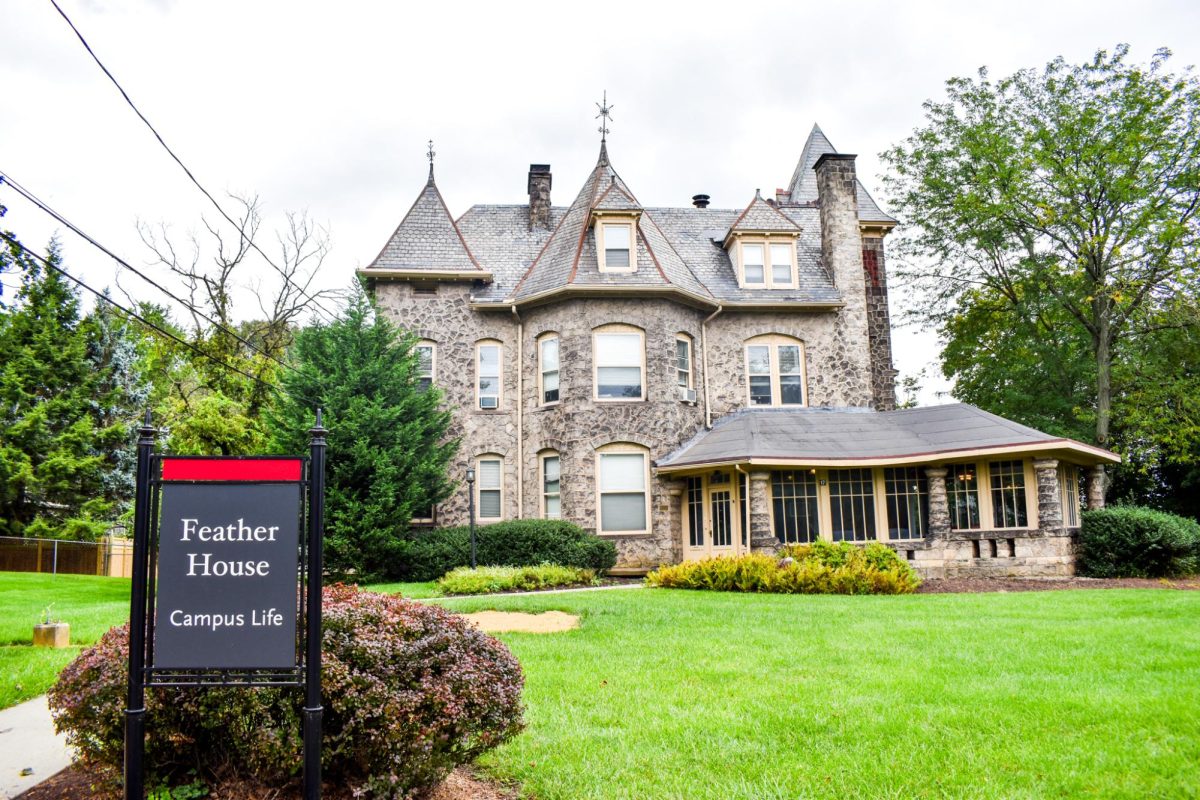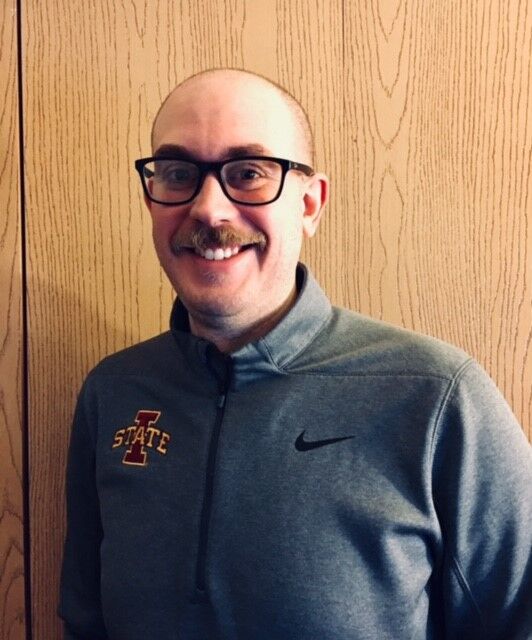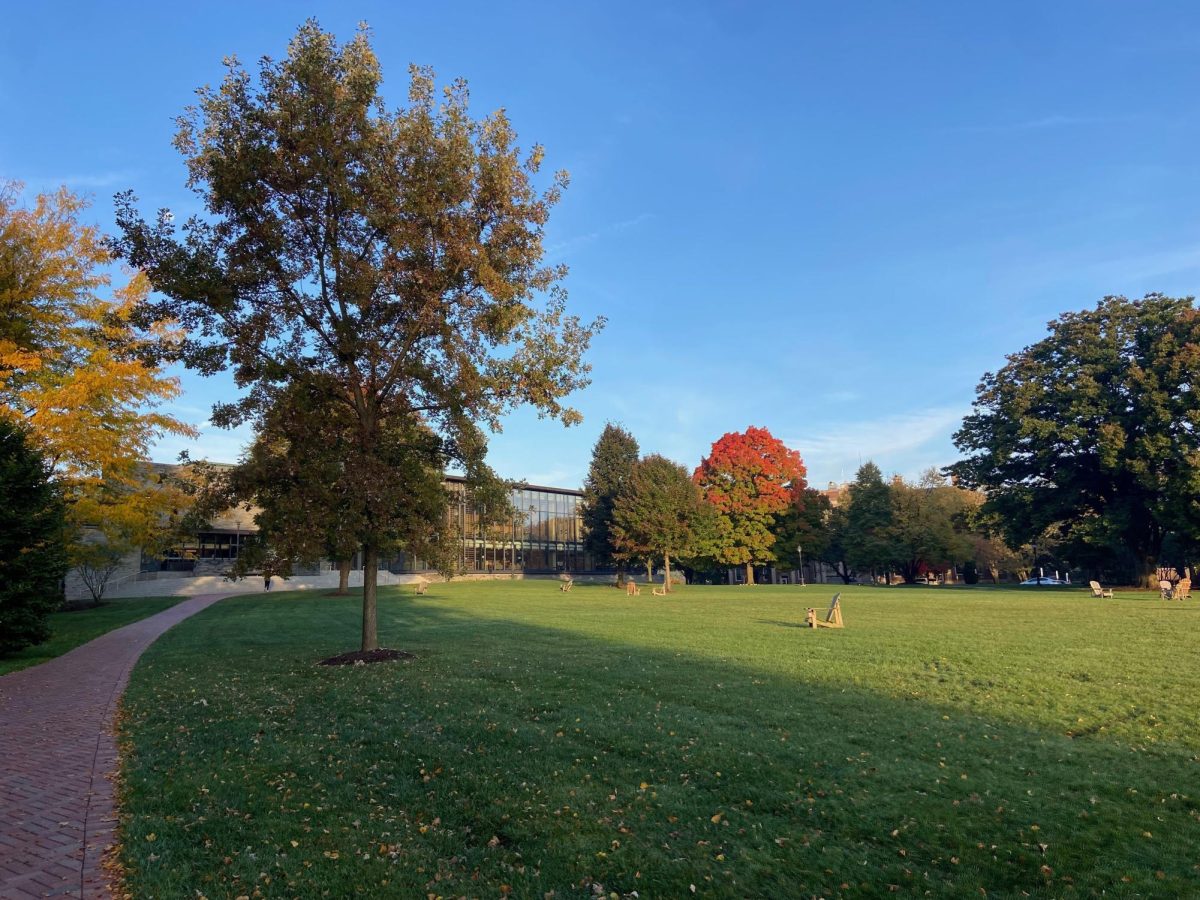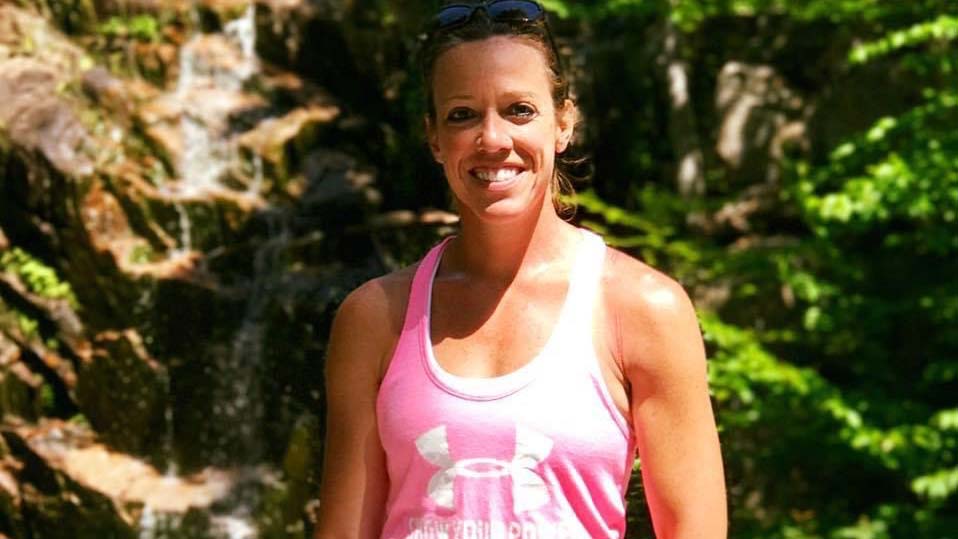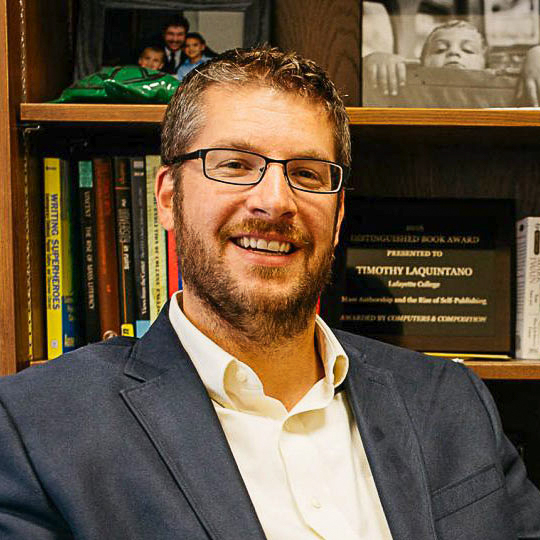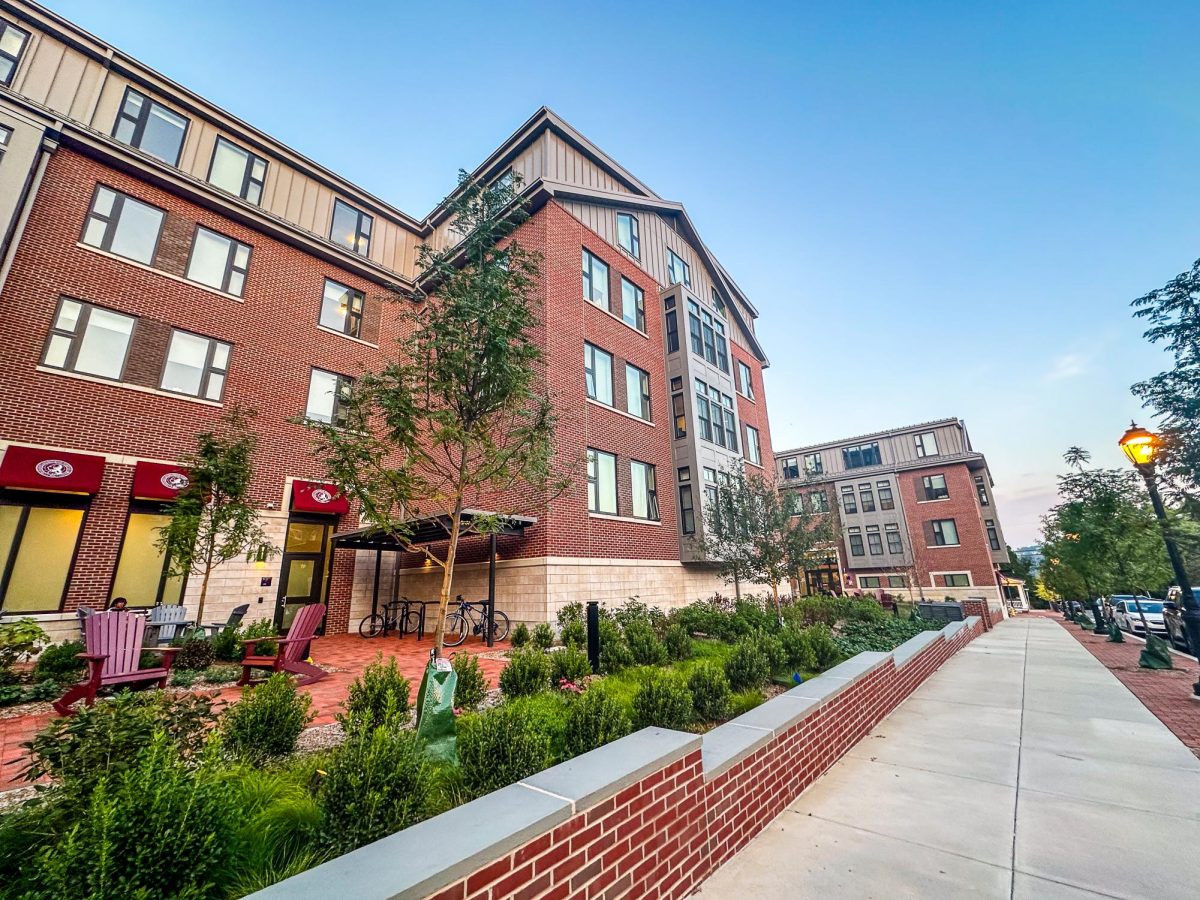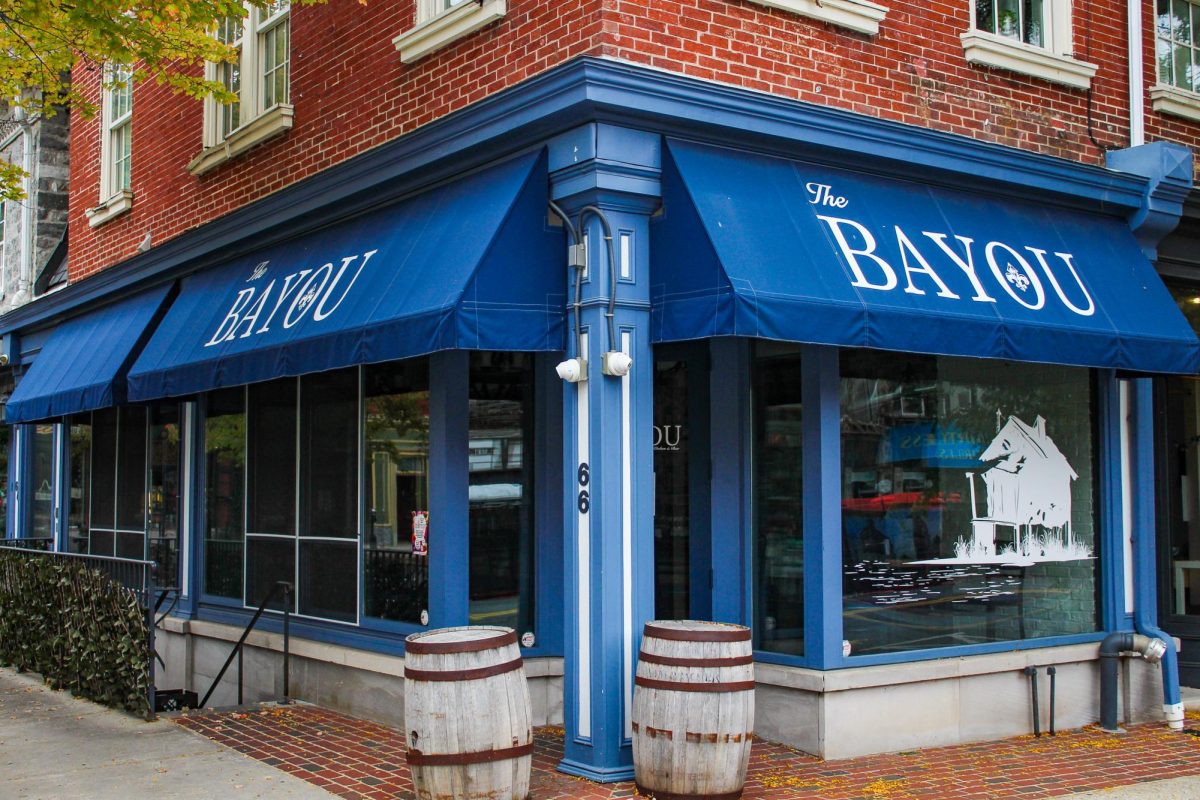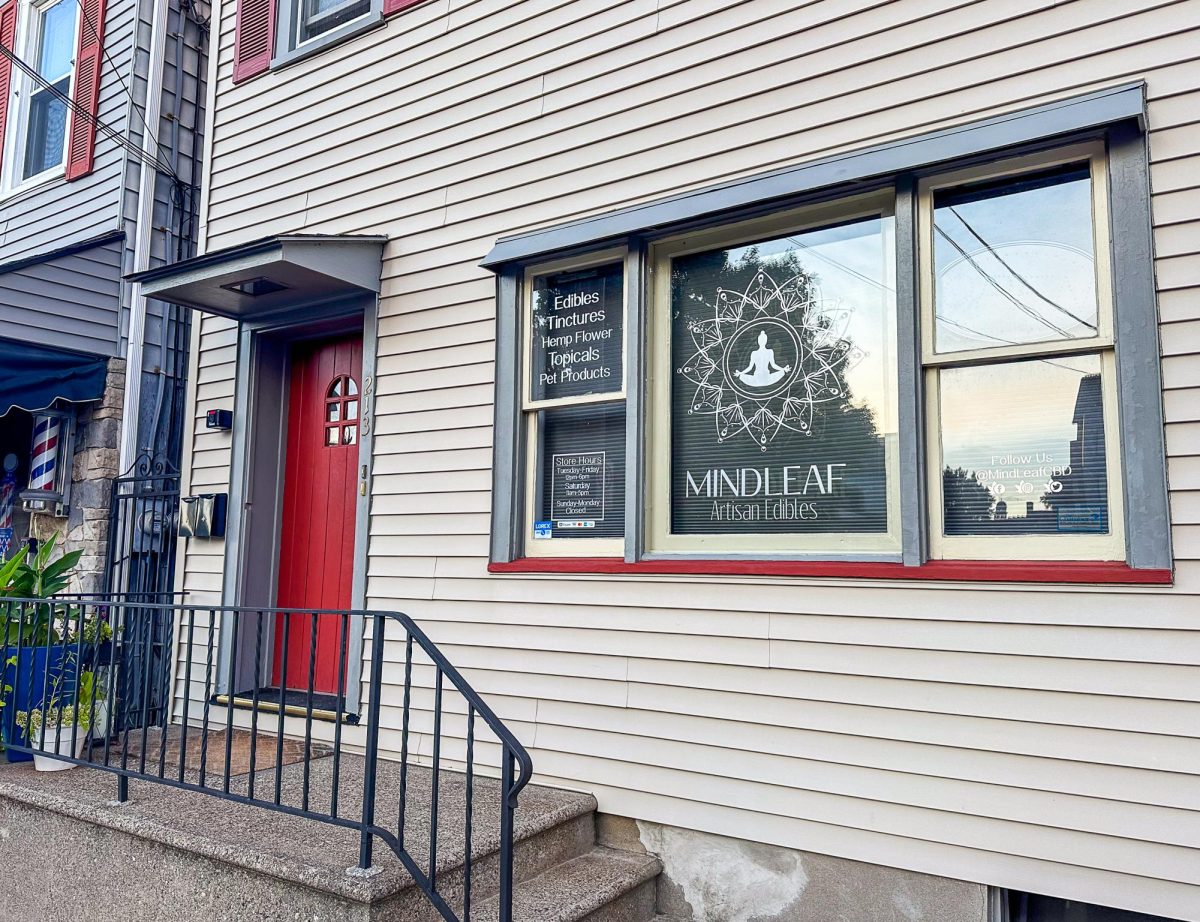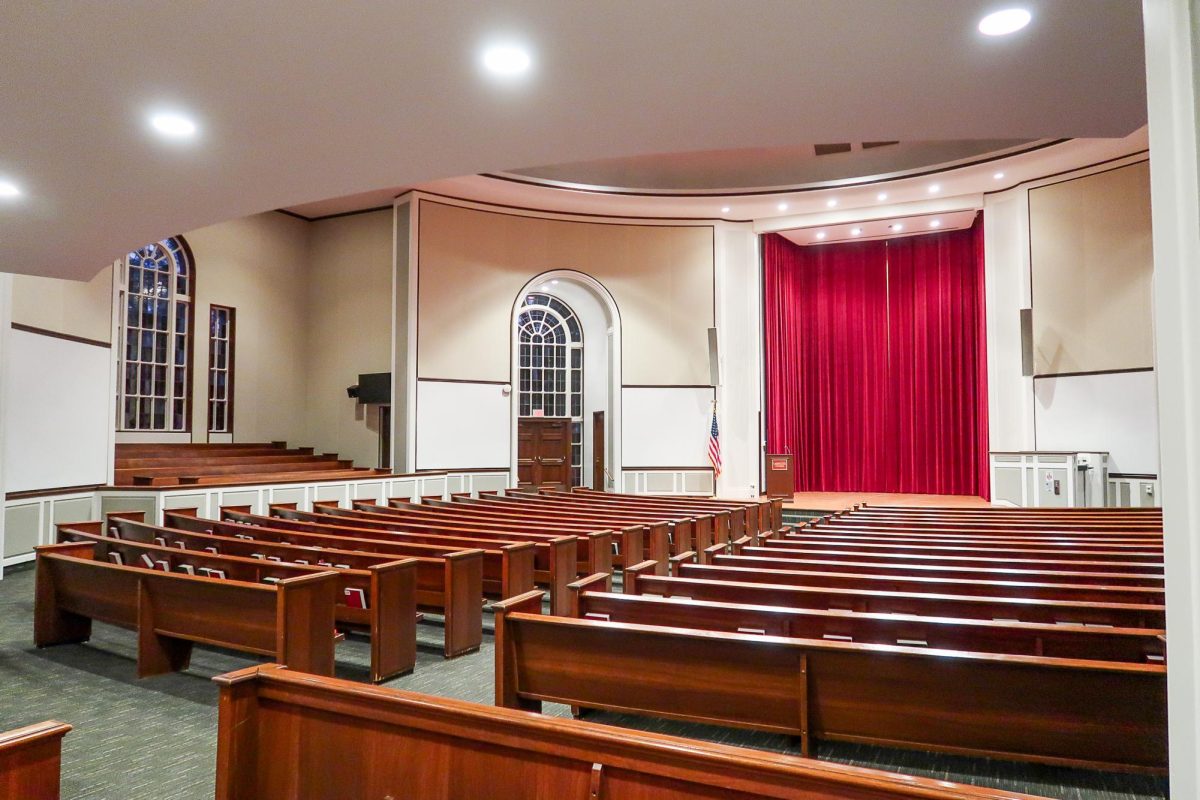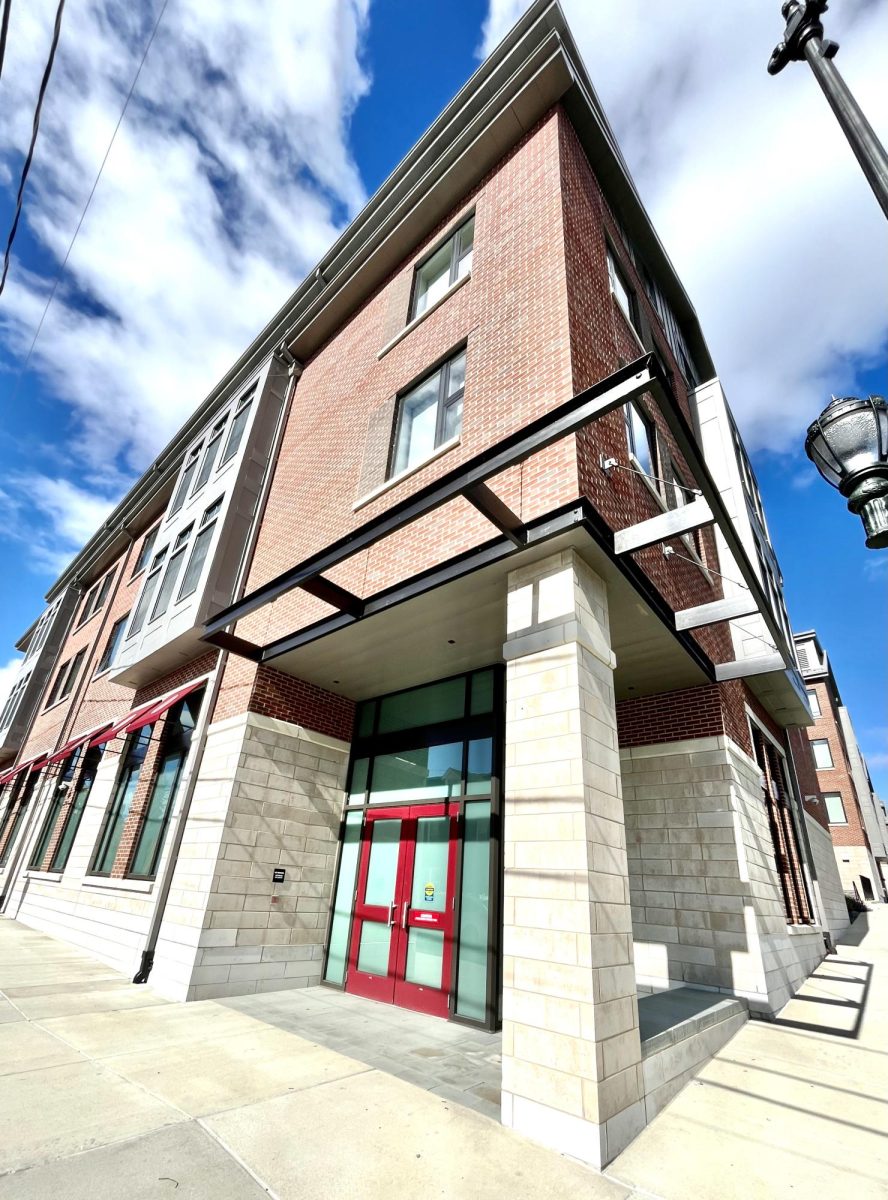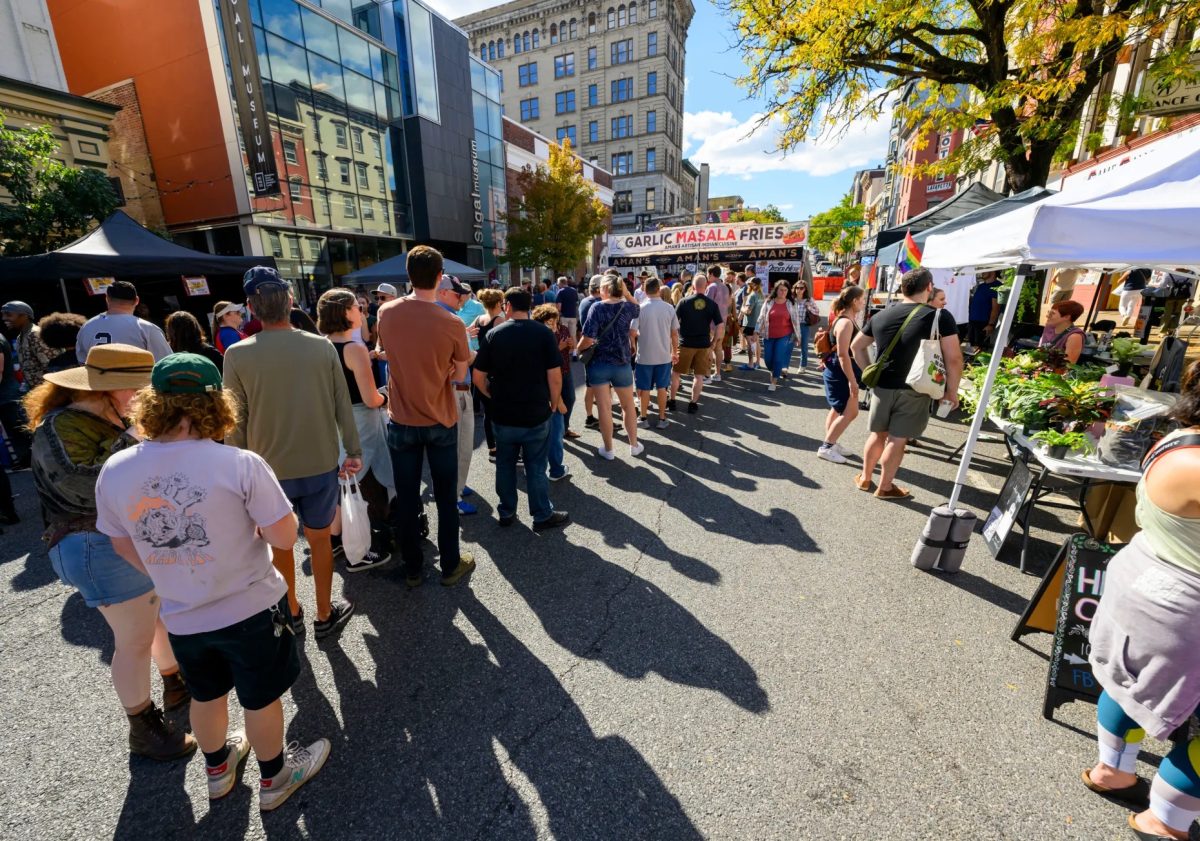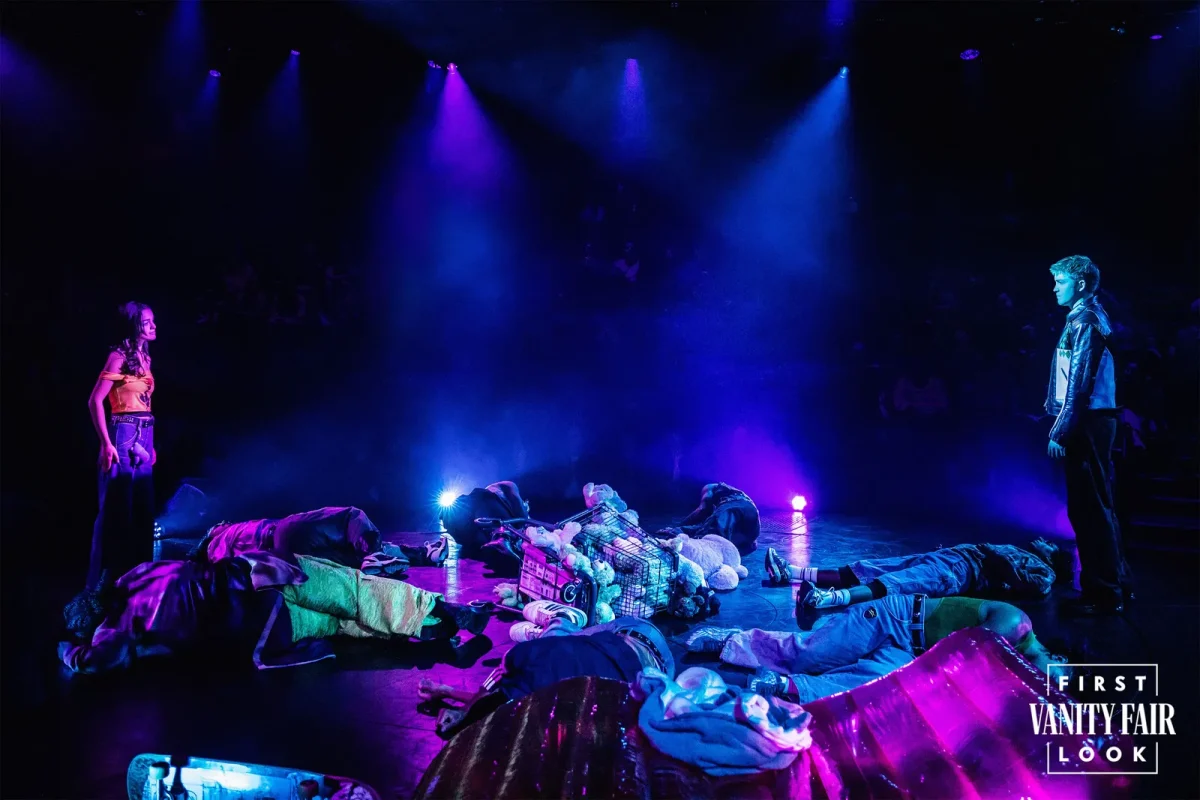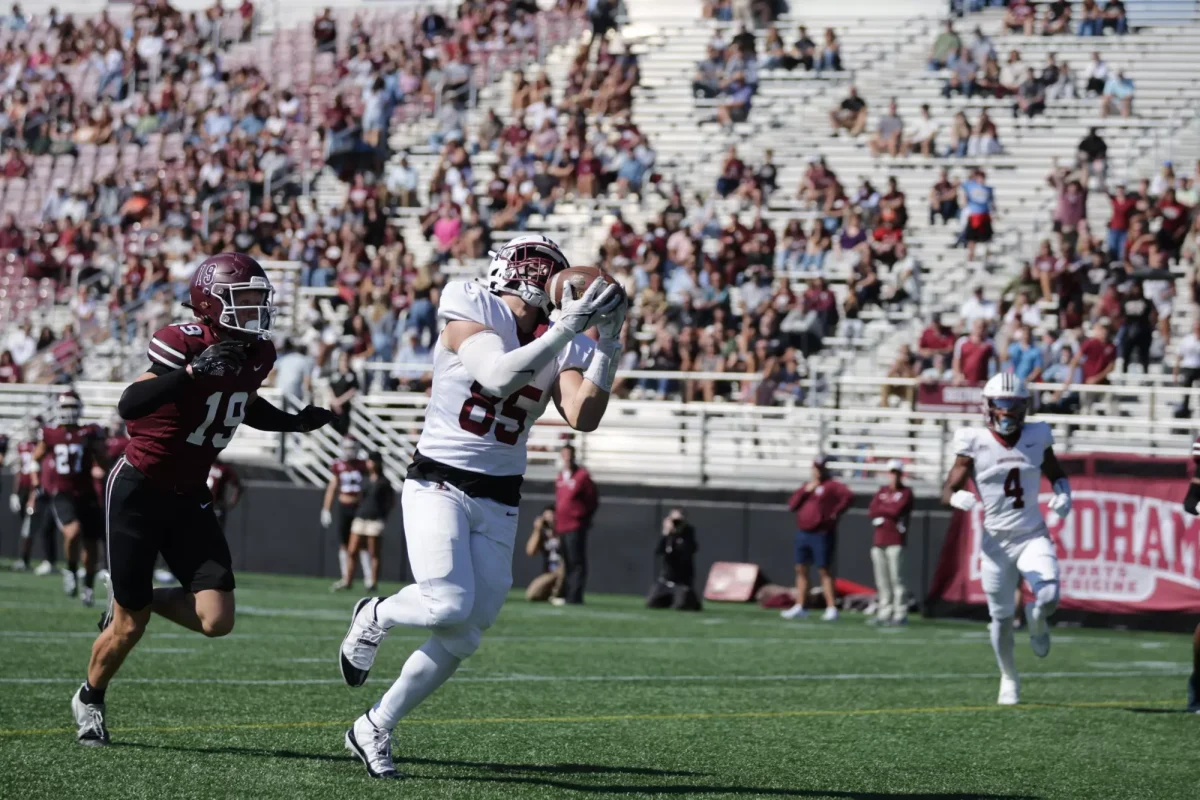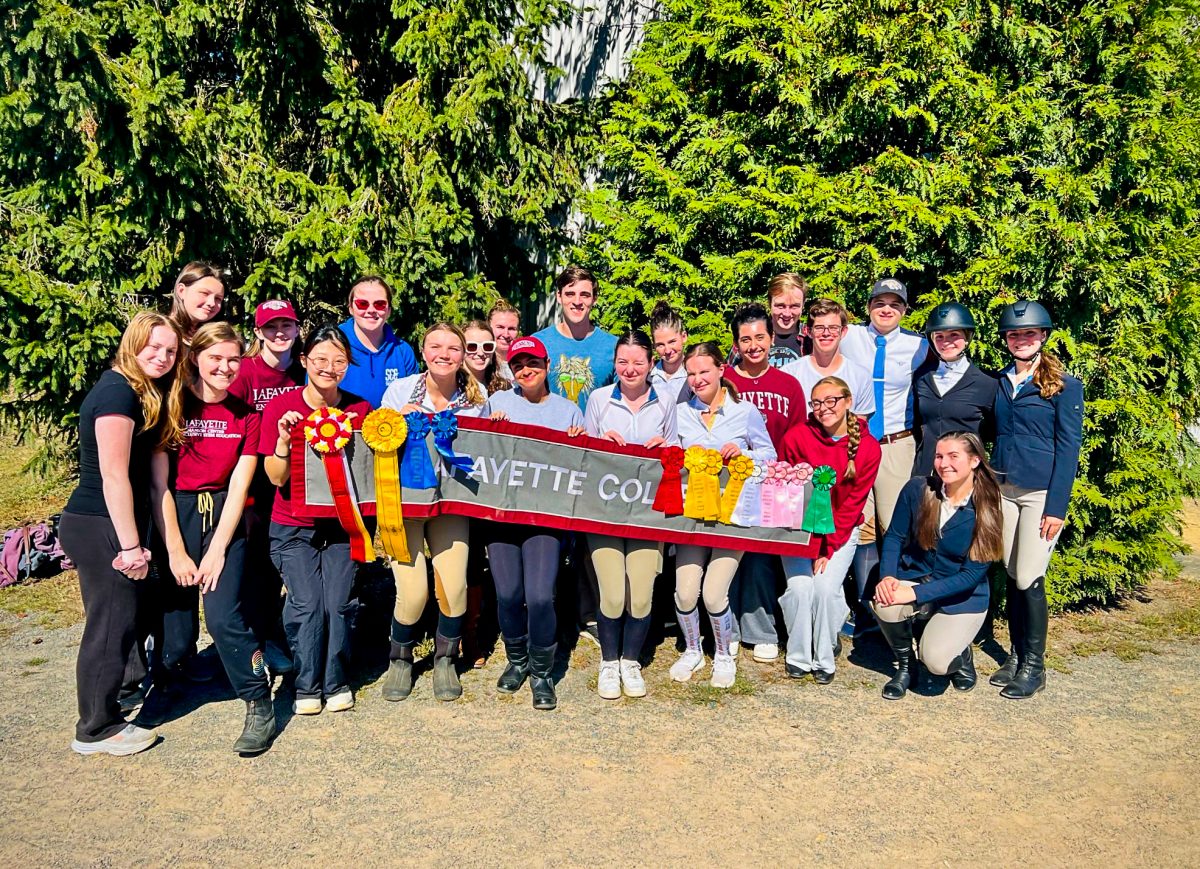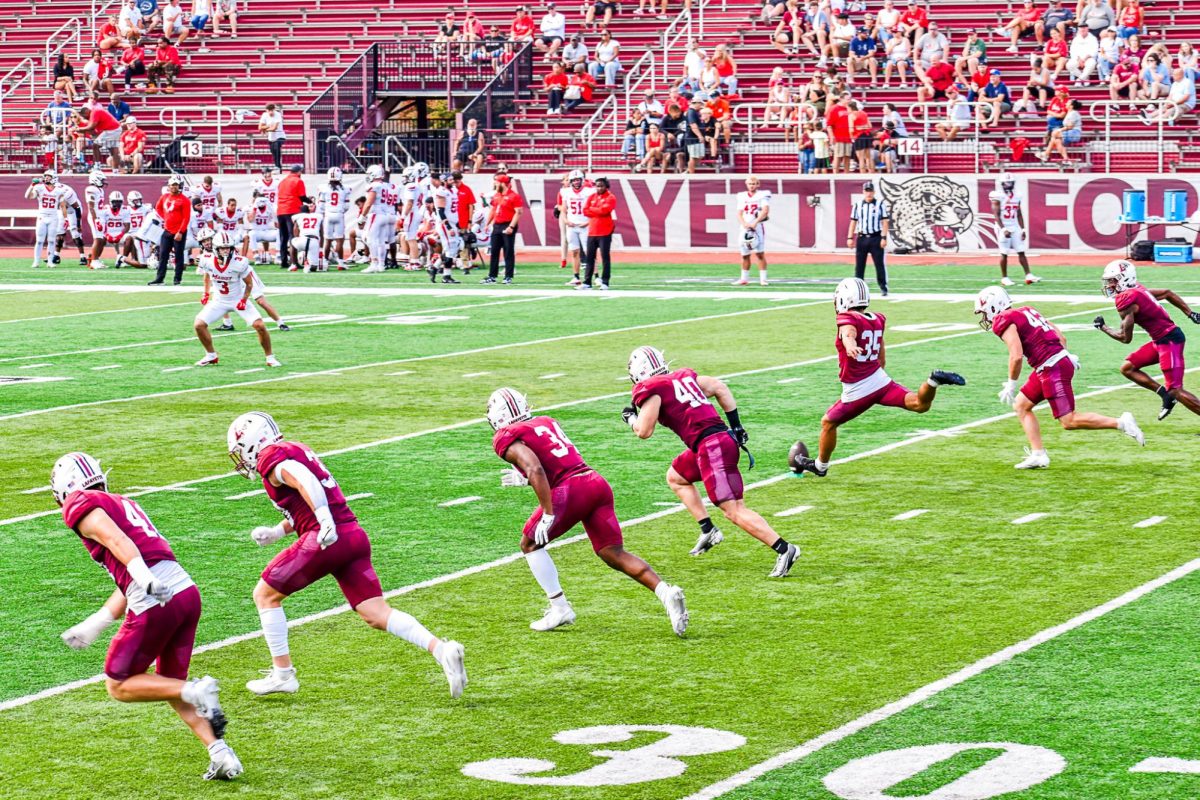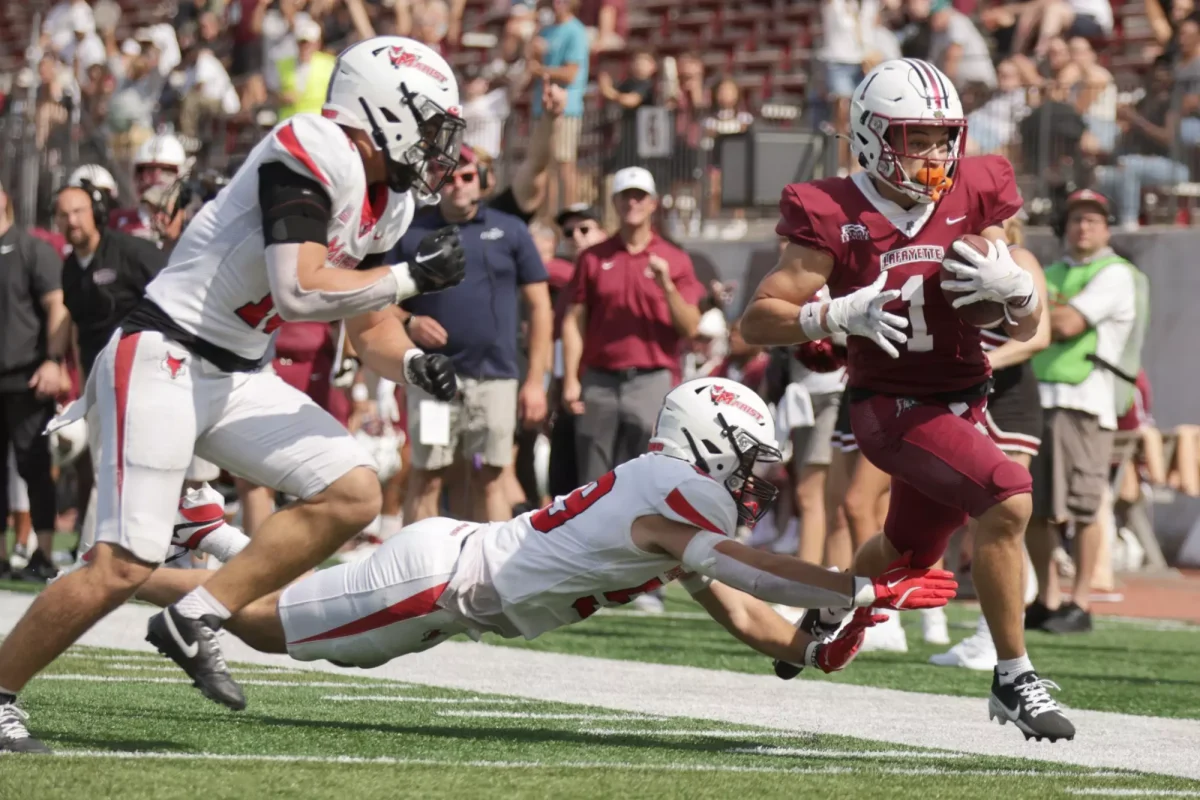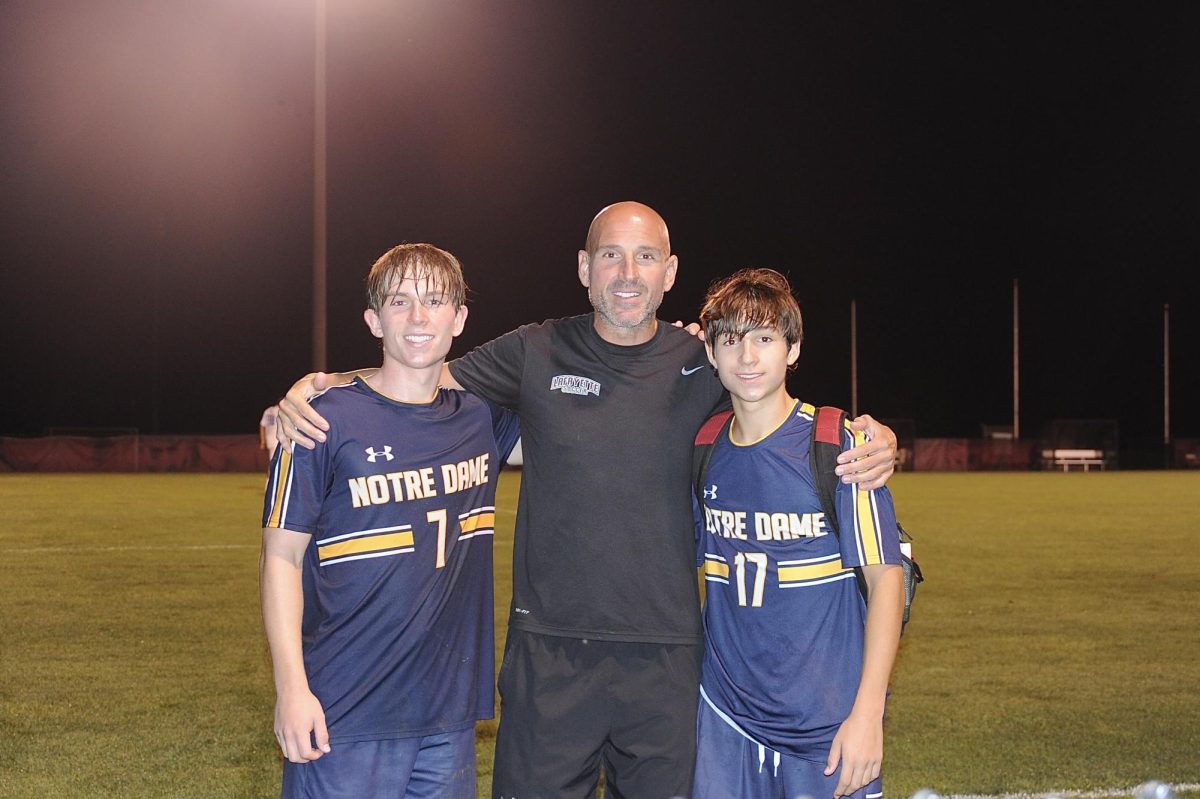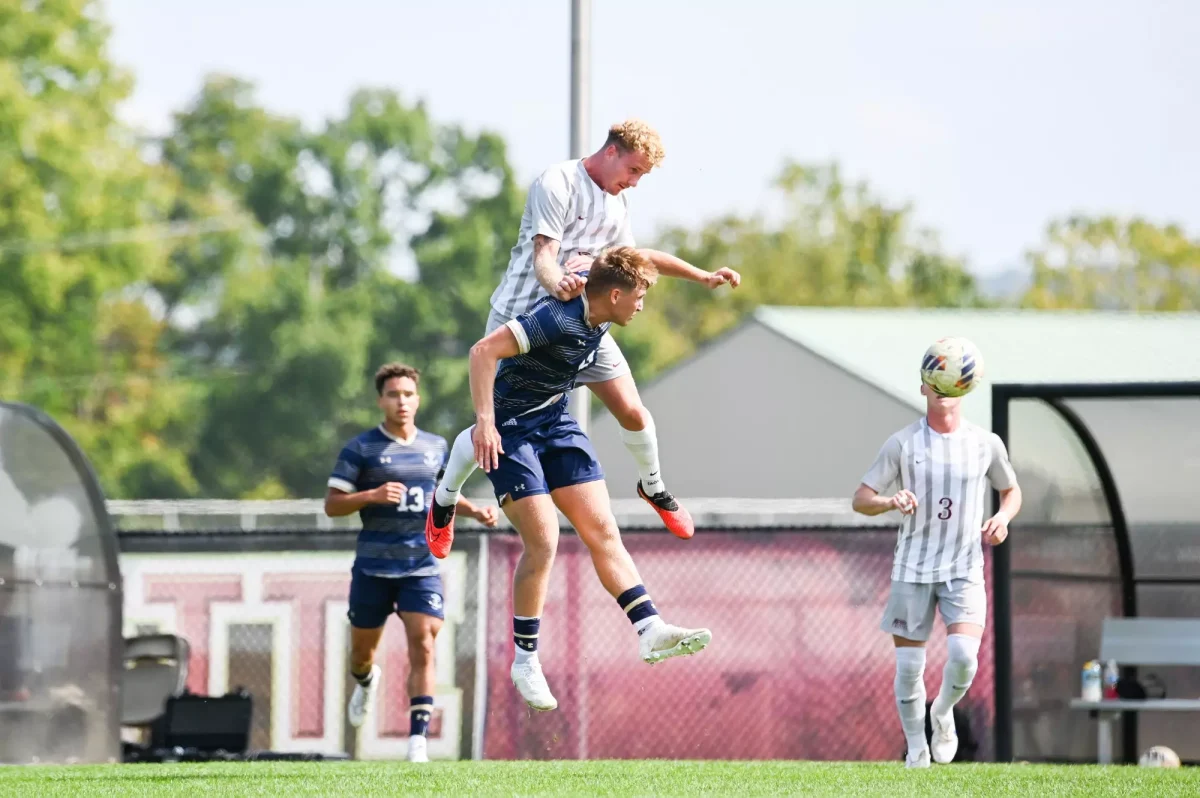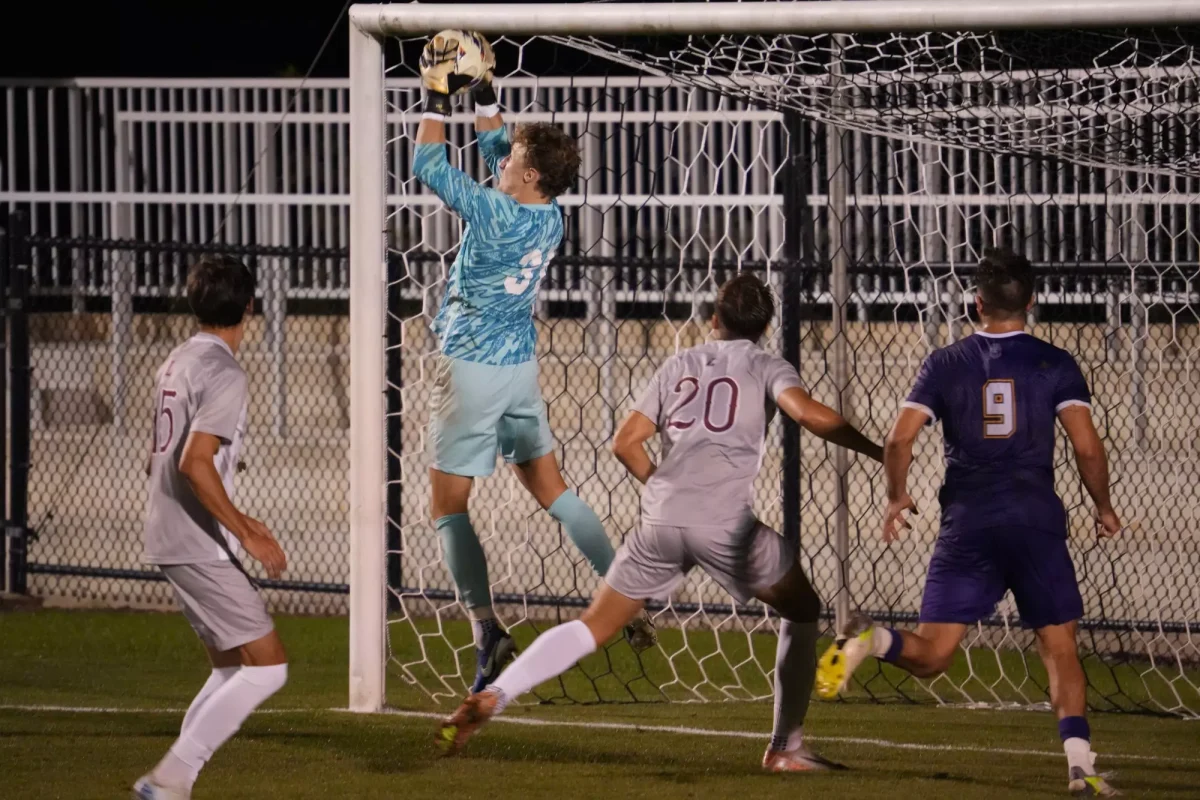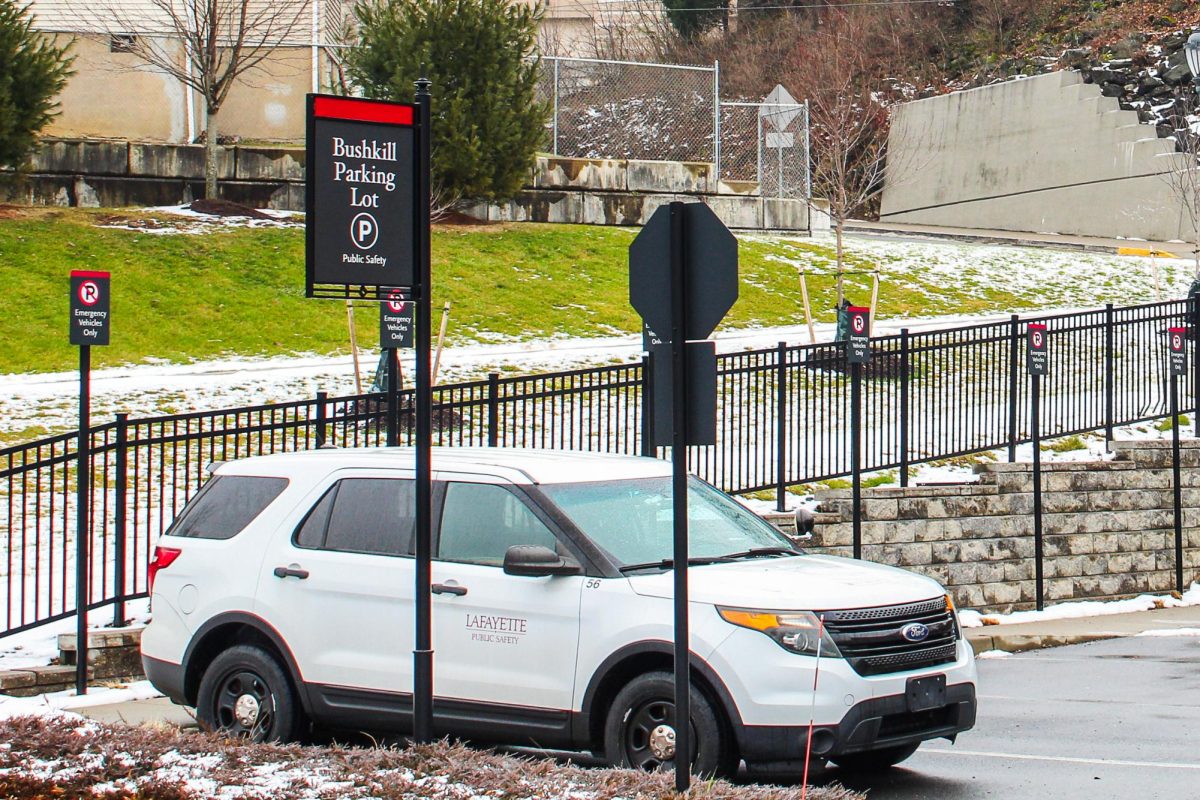Last semester, The Lafayette published an article detailing what services Public Safety offers and what limits exist for officers. It has now compiled answers to some questions students might have regarding how Public Safety operates.
What are the different types of officers?
There are two types of officers — campus police officers and security officers.
Campus police officers have full police powers, including making arrests and carrying firearms, similar to officers in Easton’s police force. Campus police can be identified by their dark blue shirts.
Security officers patrol the campus and help enforce Lafayette’s procedures. Unlike campus police, security officers can not carry guns or make arrests. Security officers wear light blue shirts.
Campus police officers are able to carry firearms due to their extensive training, going out four times a year to simulate high-intensity scenarios and different conditions. A special emphasis is placed on policies and de-escalation procedures.
“The goal is [to never] have to use the firearm,” Chief of Police James Meyer said. “We will take measures to de-escalate.”
What does a dispatch look like?
When a call is placed, Public Safety sends armed officers to the scene, who confirm what is being reported and decide how to proceed.
“Depending on the information on the initial call, we may immediately reach out to call 911 and ask for supporting help,” Jeff Troxell, director of Public Safety, said.
Public Safety may call the fire department, emergency services or further police backup if needed.
How is case prosecution handled?
If a student commits a crime, the decision to handle it internally, through the court system or both, depends on the evidence available.
“If we need to charge anyone, whether it’s a summary offense or a felony, we need a large amount of evidence to be able to … successfully prosecute that case,” Meyer said. “If we don’t have enough [evidence], we could go internally and the dean’s office would handle it with the student.”
What about sexual offense cases?
Cases reported to the Office of Public Safety will appear in their crime logs, as mandated by the Clery Act. However, prosecution of such cases only takes place at the discretion of the victim.
If a victim wants to get sexual assault testing done, Public Safety can take them to get testing. Victims can request not to have the testing sent to a laboratory, in which case the evidence would be stored confidentially for 12 years. If the victim wants to come forward later and pursue charges, the evidence is already preserved and can be used.
If a victim needs to testify in court, Public Safety and the Crime Victims Council help prepare the victim for testimony.
If anyone wants to pursue financial compensation for injuries and other damages, Public Safety helps them submit the required information and supports them throughout the court process.
“Victims have a lot of rights in Pennsylvania, and they should,” Meyer said. “We want to support the victims. That’s our goal.”



